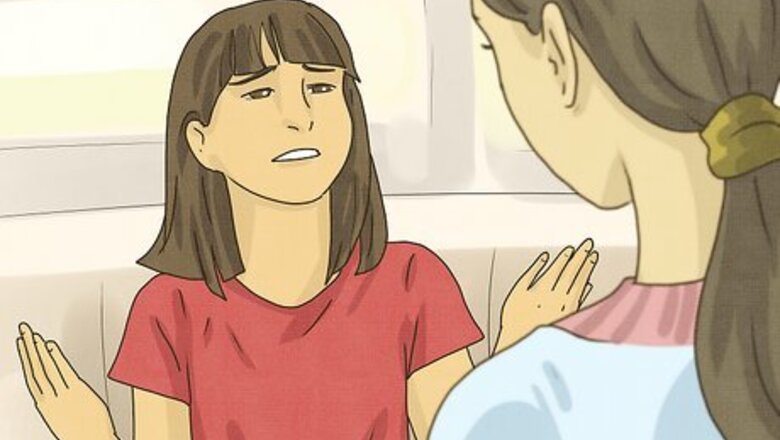
views
Listen to her.
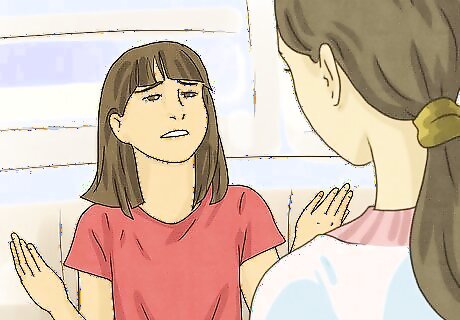
If she’s telling you she hates you, hear her out. Even though it might be tough to hear, it’s important that you let her talk and say what she needs to say. If she feels like she can express herself, she’ll be more likely to work on her issues with you. It’s important not to yell over her or cut her off. If you do that, you’ll only make the issue worse. If you’re dealing with an adult daughter who is angry at you, it’s even more important that you listen to what she has to say. If you two can have a real discussion about what’s bothering her, you may be able to repair your relationship.
Validate her opinion.
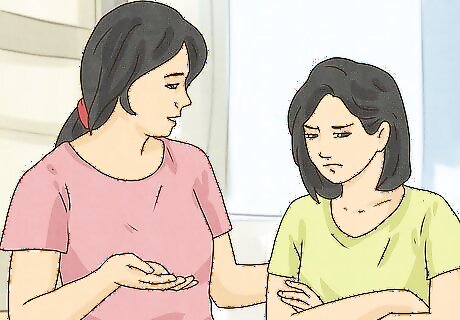
She can’t help what she’s feeling right now. Even if it seems dramatic or a little ridiculous to you, try to tell her that her thoughts and feelings are valid. Thank her for opening up to you to encourage her to do it more in the future. You could say something like, “Thank you for telling me that. I had no idea you felt that way. It sounds like you’re going through a really tough time.” Try not to talk down to her, especially if you’re dealing with an adult child. Talk to her like she’s an adult to have a more rational discussion.
Give her some space.

Pushing her to talk might only make it worse. If your daughter says she hates you and she doesn’t want to be around you, let it go. She’ll take the time to cool off, and you two can hopefully talk it out when she’s feeling a little better. It will also give you some time to cool off, too. It hurts to hear your daughter say that she hates you, so you can take some time to work through your emotions.
Stay calm.
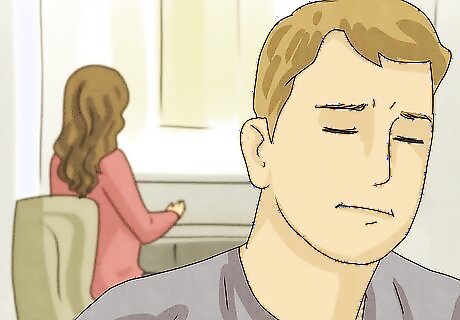
Try not to get angry or upset. Although it can be tough to hear the words “I hate you,” don’t show it. The more you can stay in control of your emotions, the smoother your interactions with each other will go. If you react with anger, you two are most likely going to get into a fight.
Keep the rules the same.
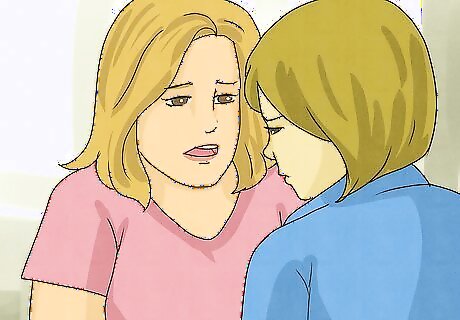
Have the same boundaries that you’ve always had with your daughter. If she’s still living at home, keep her curfew the same. If your daughter is an adult and out of the house, let her come over and visit whenever she likes. The more you maintain stability, the better the outcome will be. It’s natural to want to buckle down and enforce rules on your daughter, especially if she’s a teenager. However, children with strict parents tend to act out in secret, and they won’t open up to you as much about issues in their lives.
Praise her for the positives.
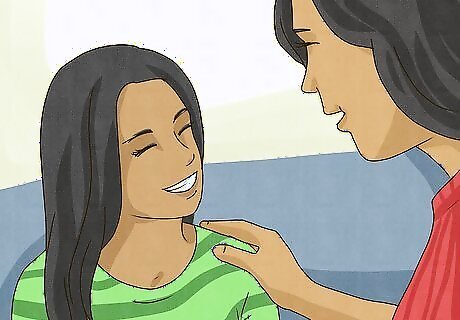
Try to call out her good behavior, not just the bad. Any time you notice your daughter doing something good, point it out and tell her how proud you are. It doesn’t matter how old she is—she’ll appreciate the support from you. Oftentimes, disrespectful or troubled children only interact with their parents when they’ve done something wrong, which can lead to resentment and anger. If your daughter is a teenager, praise her for good test scores or following her curfew. If your daughter is an adult, praise her for larger things, like her direction in life or her own children.
Counteract her hate with love.
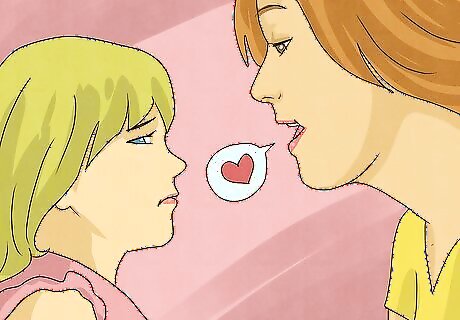
Whatever you do, don’t stop loving your daughter. Even though she says she hates you now, she’s probably not going to feel that way forever. Keep being her parent and stick by her side no matter what. You might have to deal with some sullen moods or a few snarky words, especially when your daughter is a teenager.
Get to the root of the problem.
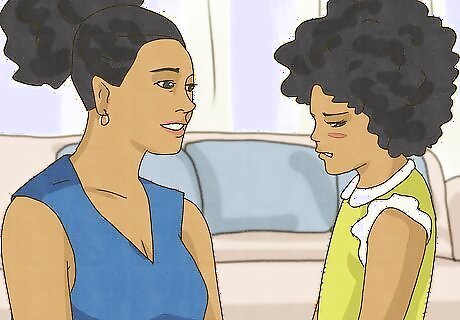
What is your daughter actually angry about? Is it something that you did, or is she stressed about another area of her life? You can calmly and gently ask her about what’s going on, but be careful not to push it (and don’t get offended if she doesn’t tell you anything). You could say something like, “I noticed that you haven’t been as excited about school lately. Is everything okay?” If your daughter is an adult and she’s mad at you, she’ll probably be able to articulate why. Try to hear her out, even if it hurts your feelings.
Distract yourself if you start ruminating.
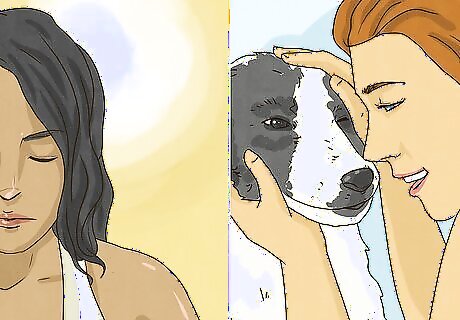
It can be tough to deal with conflict from your own child. If you notice your thoughts start spinning or you can’t stop thinking about it, try to do something distracting. Go for a jog, do a crossword puzzle, or play with a pet. The more you can stop thinking about it so much, the better you’ll feel. Try to pay attention to your body, too. Relax your shoulders, unclench your jaw, and take a deep breath in and out.
Be there when she reaches out again.
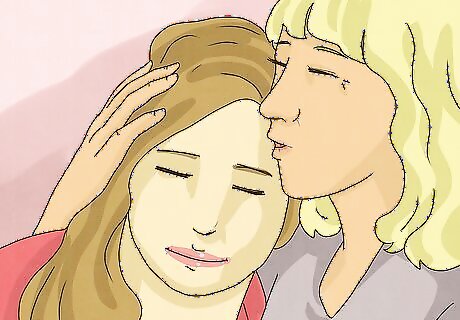
Welcome her with open arms. Try not to hold it against her, and work on strengthening your relationship going forward. Spend some time together just the two of you, and don’t bring up the fact that you two weren’t getting along so well earlier. Try to always stay open so she feels welcomed by you. If you push her away, there’s a chance she won’t ever want to reconnect with you.











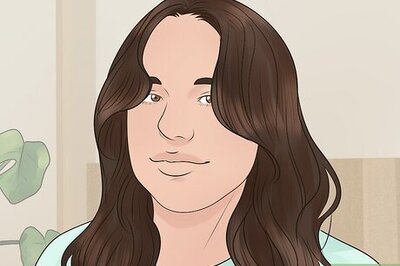
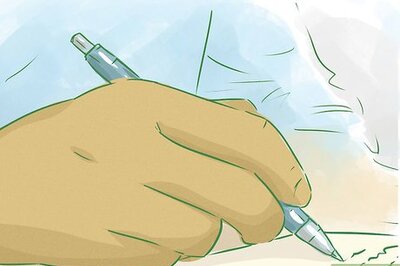
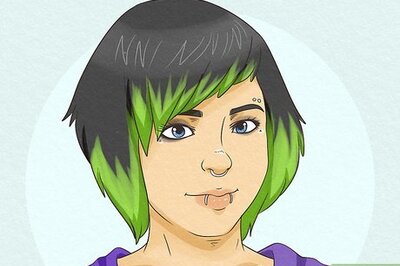

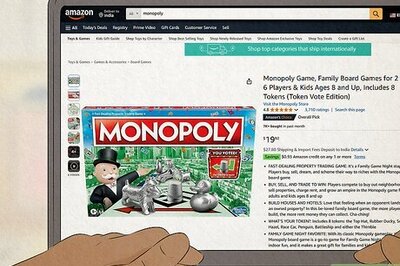
Comments
0 comment